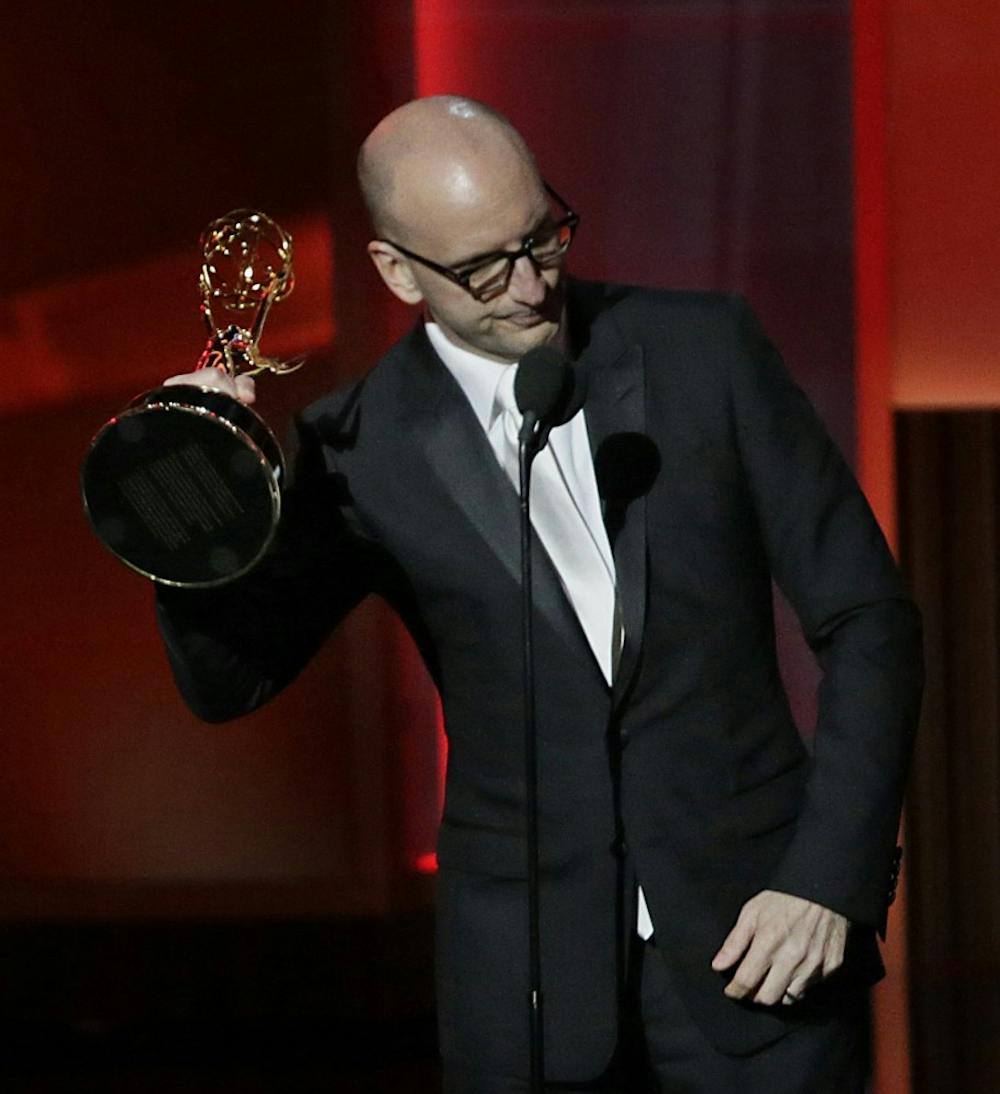As “Breaking Bad” and “Mad Men” reached their fitting conclusions and “True Detective” decided to end after its first season — that second season atrocity never happened — there seemed to be a prevalent worry about television faltering after its moment in the sun.
However, “Fargo,” “Mr. Robot” and “The Knick” are the newest one-hour dramas that have replaced the legends before them. “Fargo” and “Mr. Robot” are both receiving the accolades and compliments they rightfully deserve, yet it seems “The Knick” is flying under the radar.
Cinemax’s period drama, which just started its second season that feels as fresh and relevant as anything else on screen, “The Knick” revolves around the professional and personal lives of the staff of New York’s Knickerbocker Hotel during the early part of the 20th century.
The show is loaded with acting talent, but it’s grounded by two phenomenal performances by Clive Owen and André Holland. Owen plays Dr. John Thackery, a revolutionary doctor with a drug problem that clashes with his work. His work rival Dr. Algernon Edwards, played by Holland, is a black man dealing with racism. “The Knick” might be set in a different time, but Edwards’s struggles and complications are pertinent in today’s environment.
The acting and writing is superb, yet the one aspect that allows the show to enter the top slice of television programming is the directing. Usually multiple directors who each have their own input on the way the show looks would direct a show of this magnitude due to the amount of work and design going into it. This allows for a multitude of fascinating approaches, but can sometimes be confusing as each episode looks like it’s a different show.
“The Knick” is solely run by Steven Soderbergh, the director of films such as “Ocean’s 11,” “Traffic” and “Magic Mike.” Soderbergh puts his mark on the show from the opening sequence. Soderbergh is brilliant at navigating the camera through a scene.
He never has a stagnant camera and maneuvers in such a way that the characters feel vibrant. For example, there is one scene in the first episode of season two where two characters have personal problems, but in the background is the real A-story. The camera slowly pans around the individuals in the front in such a cinematic way it’s jarring on television.
Television is oftentimes an actor’s medium, yet on “The Knick” it is the movie-like directing that is the real star.
Greg Gottfried




